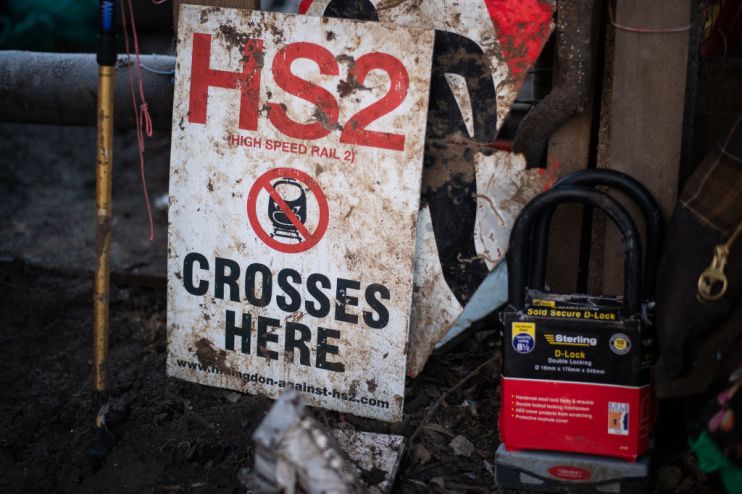Railway industry says HS2 cuts will hinder net zero and levelling up agenda

Railway industry stakeholders have hit back against the government’s decision to cut the eastern leg of HS2, which was initially planned to connect Birmingham and Leeds.
Speaking at Commons, Shapps argued that the changes made to the £100bn Integrated Rail Plan (IRP) “will bring benefits at least a decade or more earlier” and that they will “achieve the same, similar or faster journey times to London on the core network than the original proposals,” City A.M. reported.
Commenting on the news, Michelle Craven-Faulkner, partner and rail lead at law firm Shoosmiths, said the infrastructure had one of the best economic cases, as it was expected to generate “74,000 new jobs and £4bn in gross value added in the East Midlands alone.”
“Rail travel has key environmental advantages,” she said.“ While the new plans will go some way to upgrading local transport links, scaling back high-speed rail will limit much needed connectivity and hinder the UK’s journey to net zero.
Occupying a big role in Boris Johnson’s manifesto for the 2019 elections, the HS2 project was considered a main part of the government’s levelling-up agenda, but as cuts were announced today, stakeholders are wondering what the impact will be.
“While millions of people will benefit from this major investment in boosting connectivity between major cities in the North of England and the Midlands, leaving out key pieces of the jigsaw will inevitably hold back the ability for the railways to power the levelling up agenda and the drive to net zero,” said Andy Bagnall, director general of the Rail Delivery Group, which represents independent train operators.
Despite its critics, not all stakeholders believe the plan is a complete failure.
Darren Caplan, chief executive at the Railway Industry Association, welcomed the end of uncertainties and the confirmation of local and regional railway projects, saying “many rail businesses will look forward to working on these.”
Caplan also added that, although the government’s plans were welcomed by the industry, railway stakeholders need reassurances.
“Even if the government claims in the IRP it can deliver benefits more quickly with upgrades to the current network, how certain can the railway industry be that the IRP will actually be delivered, given what’s happened to the previous plan?
“Whatever schemes proceed, RIA and our members will work with the Government to take forward whichever projects do go ahead,” he said.
Manchester Airports Group’s chief executive Charlie Cornish welcome the plan, stating the airport will continue to partner with the government to deliver a new station at Manchester airport.
“Putting Manchester airport at the heart of the new network will mean quicker and easier journeys to the North’s global gateway, helping to unlock investment and economic growth right across the region and deliver wide-ranging cultural, leisure, trade and investment benefits,” he said.
“Bringing more towns and cities across the North within easy reach of Manchester airport will help stimulate new direct links to important international markets, making a vital contribution to the UK’s levelling-up agenda.